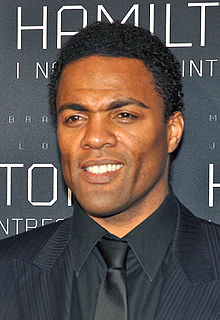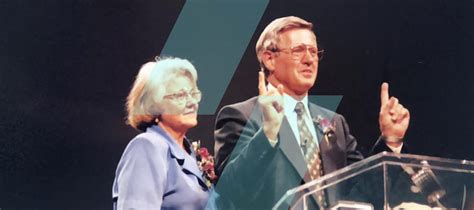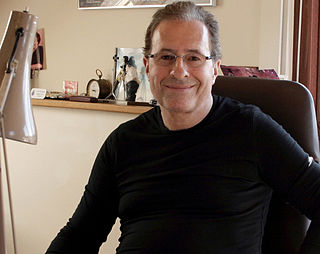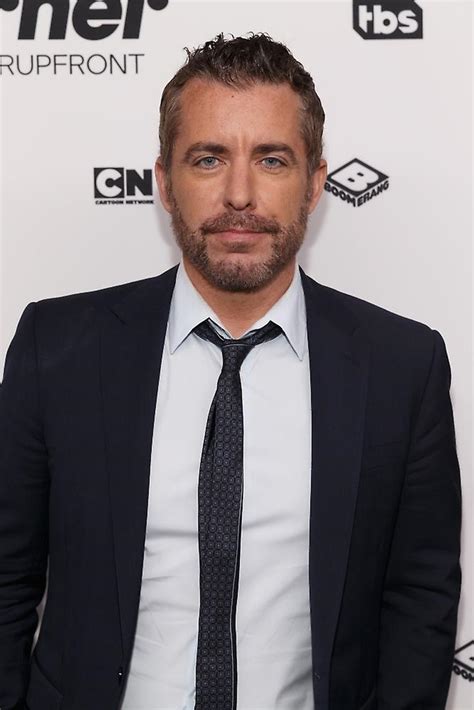A Quote by Ray Fearon
I normally go through every single line as part of my warm-up before a show. When I'm working on a film or TV programme, there often isn't a rehearsal, so I tend to learn my lines much later. They are often shorter, too, so they're essentially just there.
Related Quotes
What I like about music is the songs you can remember the lines of in a single second. The Beatles, The Rolling Stones... You can remember every line to their songs. But today, how often do you remember any of the lines to songs? I mean, I know that one of the Lily Allen's last albums is called It's Not Me, It's You. But I don't know how the songs go.
The script is a starting point, not a fixed highway. I must look through the camera to see if what I've written on the page is right or not. In the script, you describe imagined scenes, but it's all suspended in mid-air. Often, an actor viewed against a wall or a landscape, or seen through a window, is much more eloquent than the lines you've given him. So then you take out the lines. This happens often to me and I end up saying what I want with a movement or a gesture.
We drink too much, smoke too much, spend too recklessly, laugh too little, drive too fast, get too angry, stay up too late, get up too tired, read too little, watch tv too much. We have multiplied our possessions but reduced our values. We talk too much, love too seldom, and hate too often. We've learned how to make a living but not a life. We've added years to life, not life to years.
Stalin was experimenting with telepathy in the 1930's. Winston Churchill had a paranormal office, trying to get people to travel out of their bodies and see behind enemy lines in the Second World War. And the Pentagon... The X-Files is based on a real department in the Pentagon, that's still there now. Pretty much every government, probably as far back in time as we can go, has one. And the police will quite often - and when I say often, I mean often - they will go to mediums if all else fails in the enquiry.
I have the embarrassing thing where often if you're watching a film, you kind of go through the emotions and the thought stages that your character went through, but you sort of do it with Tourette's. So I end up often crying when I'm crying, and looking angry when I'm looking angry, so it's pretty ugly.
Televisison is like a factory line. You need discipline and focus. You have to hit your mark and know your lines. It's not that I don't know my lines when I do a film, but the pace of discovery is always a little bit more relaxed and nurturing and almost babying, in a way. Television toughens you up, and I like that, but I don't want it to toughen me up too much.
The quotes are often poignant or funny (one man before the firing squad requests a bulletproof vest) and often don't register as much more than interesting historical documents from centuries past. But read in aggregate, all that pain piles up. Essentially, Elder has amassed a collection of what people say when they know they are going to die, the final product of what could be seen as psychological torture.
Every field piece I did on 'The Daily Show' was a story that lasted five to six minutes. We had a protagonist, we had an antagonist and often put them at odds. We knew the story we wanted to tell before we went in, and often it was about plugging whatever character you have - in this case, a real person - into said part.




































